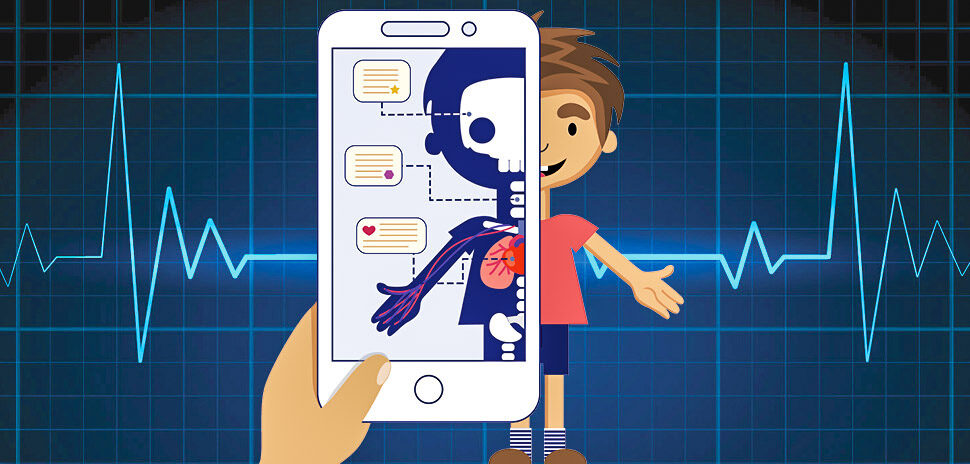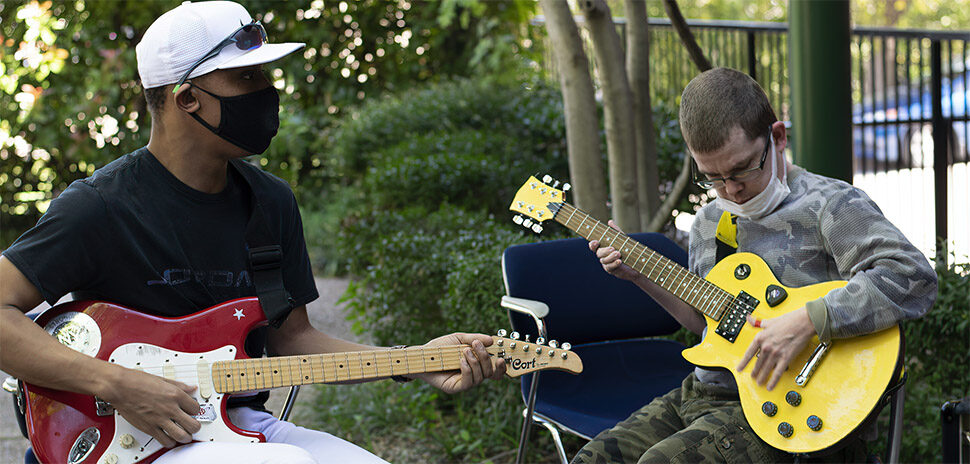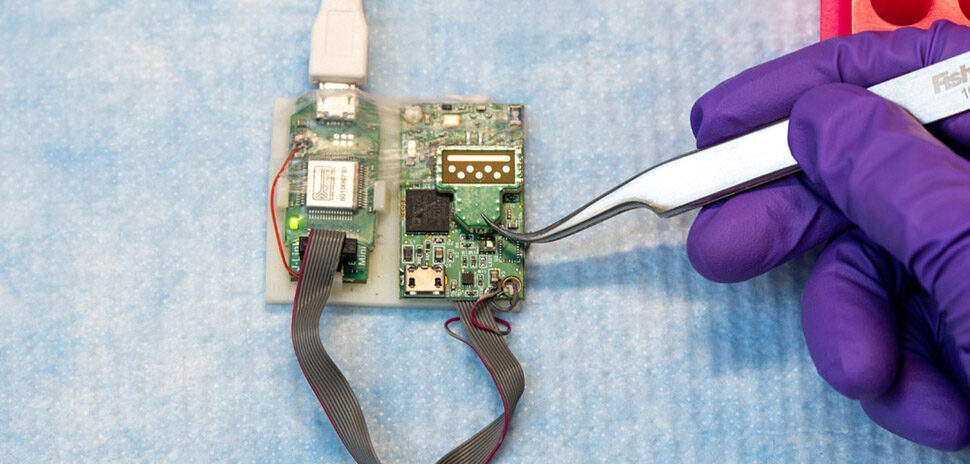Rainbow Days and The University of Texas at Dallas have partnered to host the 24th annual Kids’ University summer camp, which aims to teach children living in local shelters how to set goals and aspire for a higher education.
Dallas-based Rainbow Days is a nonprofit committed to helping at-risk children build coping skills and resilience in order to guide them on a path to a better future.
Over the course of two sessions, Kids’ University aims to give over 300 homeless children between the ages of 4 and 12 the opportunity to engage in diverse classroom experiences with local partners.
Activities include an engineering workshop with Frito-Lay’s Partners in Education, physics and geology lessons from the Perot Museum, algebra tutoring led by UT Dallas students, and a look into aviation careers with Southwest Airlines pilots.
In addition to gaining exposure to different subjects and career paths, campers are encouraged to develop their coping, decision-making, and social-emotional learning skills with the guidance of Rainbow Days’ adult staff mentors. In being immersed in UTD’s collegiate environment in Richardson, Kids’ University participants are able to experience firsthand the power of education as a means to unlock their futures.
Each session will also conclude with a special graduation ceremony, where campers will don colorful caps and gowns and receive diplomas from Dr. George W. Fair, the UTD vice president of diversity and community engagement.
Landon Stark of Dallas-based Stark Magic will deliver the first session’s commencement address. The second session will hear from Keith Davis, a former college and professional football player, who will speak to the children about his life story and encourage them to work toward their own successes.
The hope is that campers will be able to envision themselves graduating from a higher learning institution in the future.
The support of multiple partners made Kids’ University possible, including financial sponsorships given by the Moody Foundation and Simmons Bank.
Mi Cocina, the Intrinsic Foundation, McDonald’s – Arch Fellow and Raising Cane’s will be providing meals and snacks to the children throughout the week. Bus transportation to and from the camp each day is provided by the Dallas ISD Homeless Education Department.
Kids’ University will be held at the UTD campus from now until June 7 for the first session, with the second session from June 17-20. The first session’s graduation ceremony will take place this Friday, and the second week’s will be June 20.
![]()
Get on the list.
Dallas Innovates, every day.
Sign up to keep your eye on what’s new and next in Dallas-Fort Worth, every day.


































































